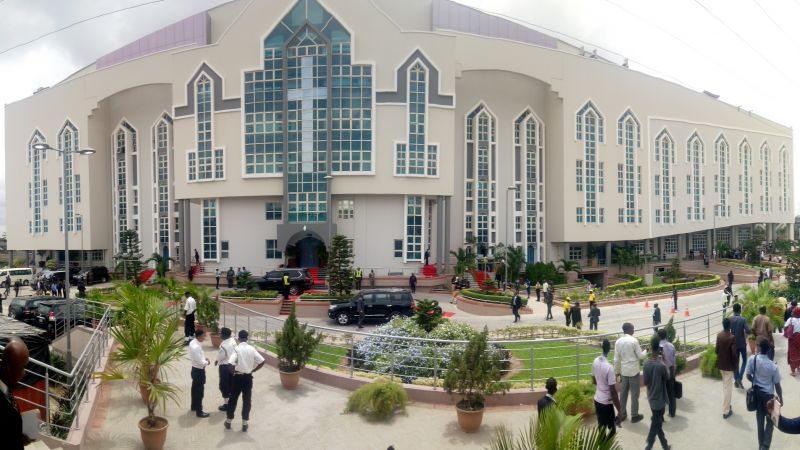Some months ago, I was teaching a class on the contribution of lived theologies from different cultural contexts to intercultural theological conversations. We focussed on experiences of the Holy Spirit in Pentecostalisms worldwide. Three of the students gave presentations on this theme, drawing on examples from their own cultural contexts.
Michael from Nigeria discussed a videoclip that included part of a sermon on the centrality of holiness by Reverend Kumuyi, the General Overseer of Deeper Life Christian Ministries in Lagos, Nigeria. Yolande from Hong Kong analysed a videoclip from a healing service at the Bread of Life Christian Church in Taipei, Taiwan. And Jonán presented a charismatic prayer meeting focused on the experience of the presence of God in an indigenas community in his home country of Guatemala.
In courses on contextual and intercultural theology we often draw attention to the social and cultural circumstances that may have shaped these particular Pentecostal faith expressions. We could point to contexts of poverty (though not in the church in Taiwan), of primal religious influences and of certain moral traditions. These Pentecostal expressions had a strong couleur locale and the Guatemalan prayer meeting had a very different cultural outlook from the setting in Lagos. But we concluded that the central aspects of the worship services could be found in major churches in all three locations. I suddenly realised that, in this case, the Dutch Christians in the classroom formed the exception. Healing services that do not limit themselves to inner healing, but see people jump on stage are a relative fringe phenomenon in a Dutch Christian culture in which we expect healing first of all from the medical professions – appropriately prayed for, of course. We have little hope when the doctors say there is nothing else they can do. Furthermore, Christian communities with a radical holiness message tend to be small, because such a message is deeply countercultural in a context that sees moral freedom and autonomy as one of its highest values. We do encounter the type of prayer ministry aimed at an experience of the presence of God more often, although this may be because Dutch prayer ministries tend to limit God to the personal and spiritual domain, the place secular Europe assigns to religion.
We discovered that from a global perspective Dutch Christian culture is more of an exception than the other Christian cultures presented in the class. We needed this international classroom to become aware of this Dutch exceptionalism. In many European intercultural theology classes, we tend to look at other expressions of Christianity one by one and compare them with our own European Christianity, which represents the dominant culture. We therefore look for explanations in the cultural characteristics of these other communities to explain the ‘strange’ phenomena we observe. But attention for healing and holiness may be less strange and more transcultural than it appears from our European Christian perspectives. We may need to look more critically at the characteristics of our late-modern European culture that set us apart from some of the broader trends in Christianity worldwide.
Benno van den Toren is Professor of Intercultural Theology at the Protestant Theological University in Amsterdam and Groningen, the Netherlands.
Photo Image: Detail of Deeper Life Christian Church Auditorium, Gbagada, Lagos
Photo Credit: Danidamiobi
License: Creative Commons Attribution-Share Alike 4.0 International



